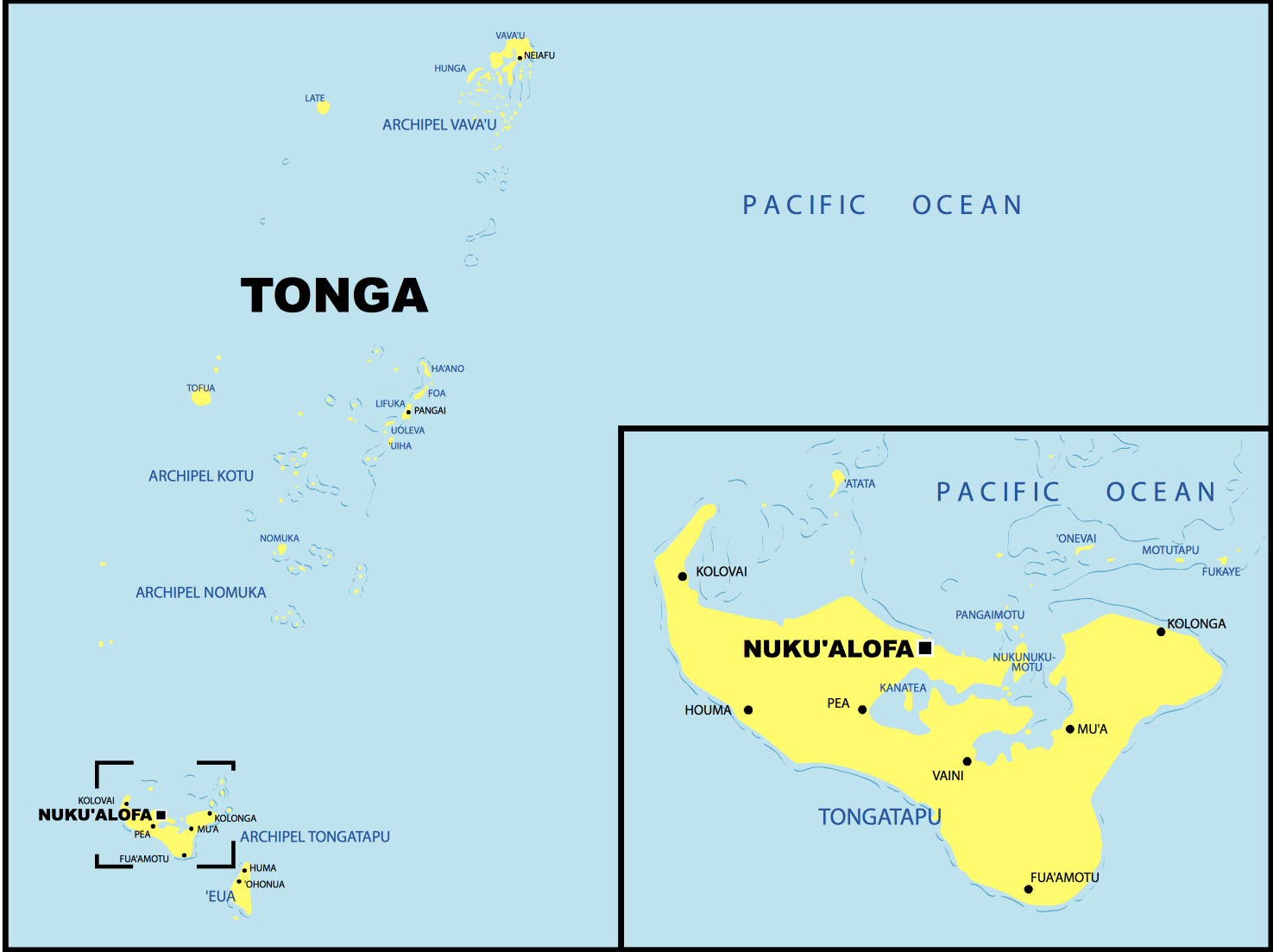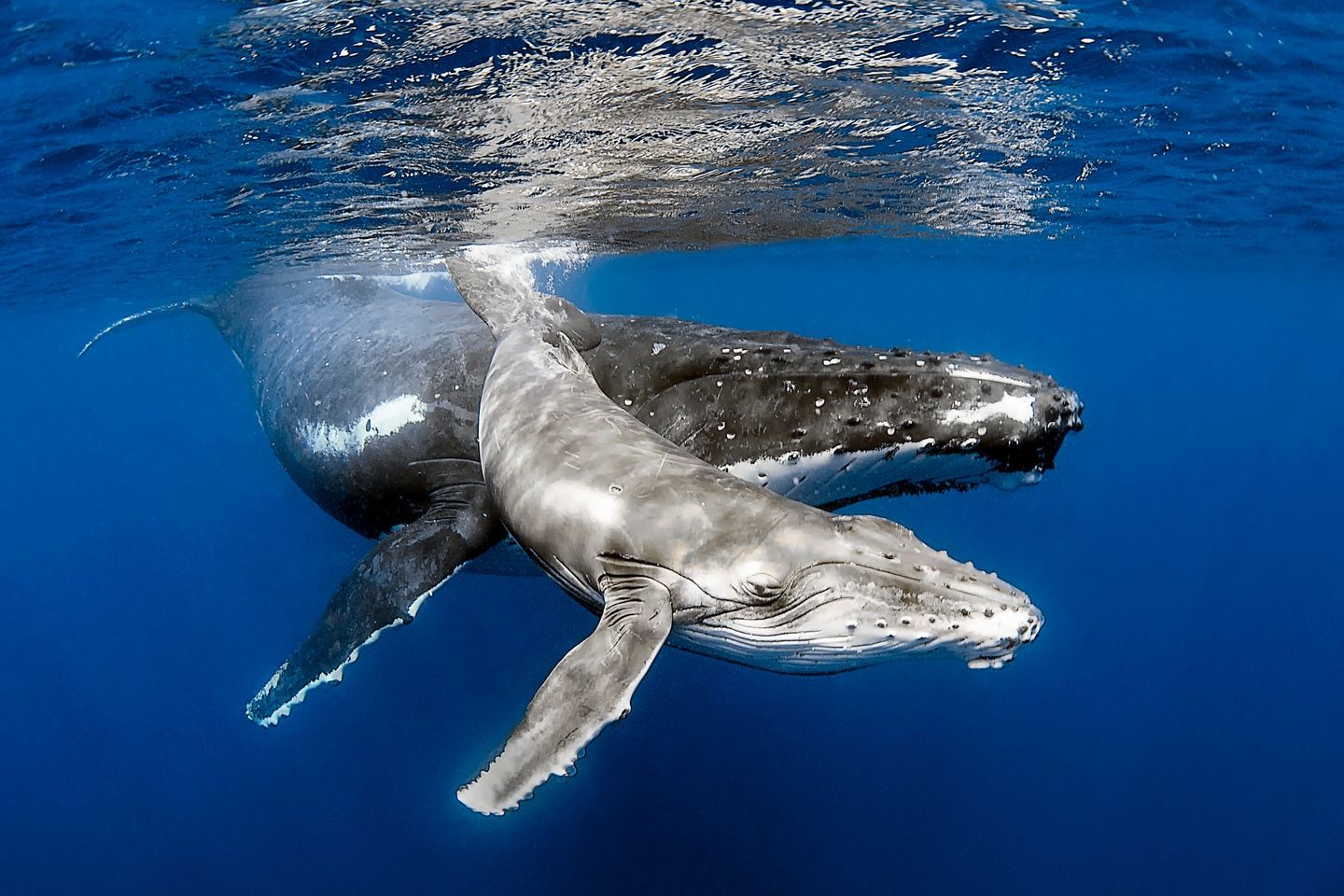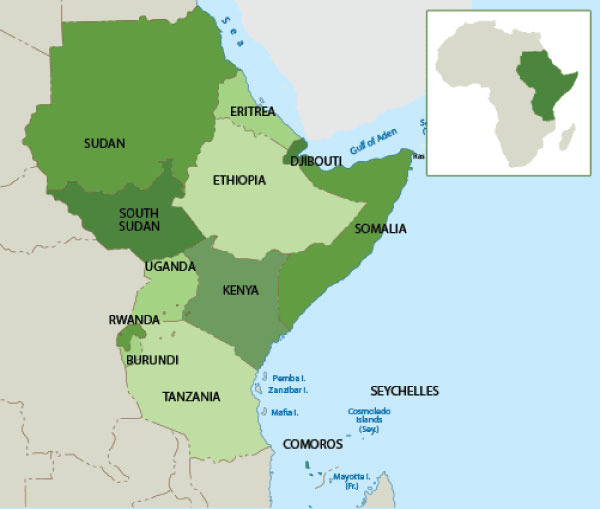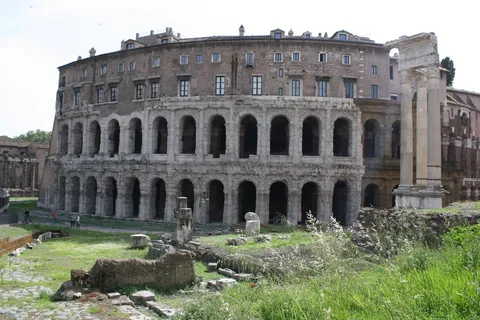Introduction to Tonga
Tonga, officially known as the Kingdom of Tonga, is an archipelago located in the South Pacific Ocean. It is composed of 169 islands, of which 36 are inhabited. Tonga is the only Pacific island nation never to have been colonized by a European power, maintaining its independence and traditional Polynesian culture.
Geography and Climate
Geographical Overview
Tonga is situated about 1,800 kilometers northeast of New Zealand, and approximately 700 kilometers south of Samoa. The archipelago stretches across an area of approximately 748 square kilometers. Tonga is divided into three main island groups
- Tongatapu Group: This includes the main island of Tongatapu and its surrounding islands.
- Ha’apai Group: A cluster of islands known for their coral reefs and sandy beaches.
- Vava’u Group: Known for its deep blue waters and is a popular destination for whale watching.
The islands are volcanic in origin, characterized by rugged landscapes and lush vegetation. The terrain ranges from flat coral atolls to mountainous volcanic islands.
Climate
Tonga has a tropical climate, characterized by warm temperatures and high humidity. The country experiences two main seasons
- Wet Season (November to April): This period is marked by high temperatures, heavy rainfall, and occasional tropical cyclones.
- Dry Season (May to October): Cooler and drier, this season is ideal for travel and outdoor activities.
Average temperatures range from 20°C to 30°C (68°F to 86°F) throughout the year. Cyclone season typically occurs from November to March, with the highest risk in January and February.
History and Culture
Historical Background
Tonga has a rich and complex history that dates back over 3,000 years. The first settlers, believed to be Polynesians from the Samoan and Fiji regions, established communities on the islands. The Tongan people developed a sophisticated society with a complex social structure, including a hereditary monarchy.
In the 19th century, Tonga avoided colonization due to its strategic diplomacy and alliances. It established a treaty with Great Britain in 1900, which preserved its sovereignty while allowing British influence in certain areas. Tonga gained full independence from Britain in 1970.
Cultural Heritage
Tongan culture is deeply rooted in Polynesian traditions. Key aspects of Tongan culture include
Language
Tongan is the official language, with English also widely spoken.
Traditional Dance and Music
Tongan dance, or “tau’olunga,” and traditional music are integral to cultural ceremonies and festivals. Drumming and choral singing are common features.
Cuisine
Tongan cuisine includes dishes such as “oka,” a raw fish salad, and “lu pulu,” a dish made from meat and taro leaves.
Art and Craftsmanship: Traditional Tongan art includes intricate tapa cloth designs and wood carvings.
Political Structure and Governance
Government and Politics
Tonga is a constitutional monarchy with a unique blend of traditional and modern governance. The King of Tonga is both the head of state and the head of government. The current monarch, as of the latest update, is King Tupou VI.
The political system includes
- Monarchy: The King holds significant power, including appointing the Prime Minister and other key officials.
- Parliament: The Parliament of Tonga consists of 26 members, including 17 representatives elected by the people and 9 nobles. It is responsible for legislative functions and policy-making.
- Prime Minister: The Prime Minister is appointed by the King and leads the government.
Administrative Divisions
Tonga is divided into several administrative divisions
- Tongatapu: The main island group, including the capital city, Nuku’alofa.
- Ha’apai: A group of islands known for their natural beauty.
- Vava’u: Known for its stunning marine environment and whale-watching opportunities.
- Niuas: The northernmost islands, which are more remote and less developed.
Economy and Infrastructure
Economic Overview
Tonga’s economy is primarily based on agriculture, tourism, and remittances from Tongans living abroad. Key economic activities include
- Agriculture: The cultivation of crops such as taro, sweet potatoes, and coconuts is essential. Livestock farming is also practiced.
- Tourism: The country’s natural beauty and cultural heritage attract tourists, contributing to the economy.
- Remittances: Many Tongans live abroad, and remittances from these expatriates are a significant source of income for the country.
Tonga faces challenges related to economic development, including limited natural resources and vulnerability to natural disasters.
Infrastructure
Tonga’s infrastructure includes
Transportation
The country has a network of roads, with the main roads connecting the major islands. International and domestic flights are serviced by Fua’amotu International Airport on Tongatapu.
Utilities
Water and electricity are provided, with efforts underway to improve sustainability and infrastructure resilience.
Communications
Telecommunications services are available, including internet and mobile services.
Tourism and Attractions
Top Tourist Destinations
Tonga offers a range of attractions for visitors
- Nuku’alofa: The capital city features historic sites, including the Royal Palace and the Tongan National Cultural Centre.
- Ha’apai Group: Known for its pristine beaches and opportunities for snorkeling and diving.
- Vava’u Group: Popular for whale watching, especially from July to October, and offers beautiful sailing conditions.
- Tonga’s Cultural Heritage: Visitors can explore traditional Tongan villages and experience local festivals and ceremonies.
Cultural Events and Festivals
- Tonga’s Annual Festivals: Include events such as the Heilala Festival, celebrating Tongan culture with traditional performances, parades, and feasting.
- King’s Birthday: Celebrated with national events and cultural ceremonies.
Practical Information for Travelers
Travel Tips
Visas
Visitors from most countries do not require a visa for short stays. Check the specific requirements based on your nationality.
Currency
The Tongan paʻanga (TOP) is the official currency. Credit cards are accepted in larger establishments, but cash is preferred in rural areas.
Local Customs
Respect local customs and traditions, including dress codes and behavior during cultural ceremonies.
Health and Safety
Health Precautions
It is advisable to take standard health precautions, including vaccinations for common diseases. Malaria is not a significant risk in Tonga, but travelers should take precautions against mosquito bites.
Safety
Tonga is generally a safe destination for tourists. Standard travel safety practices should be followed.
Maps of Tonga
Political Map
A political map of Tonga highlights the country’s administrative divisions, including the main island groups and key cities such as Nuku’alofa.
Physical Map
A physical map of Tonga showcases its geographical features, including volcanic mountains, coral reefs, and lagoon systems.
What is Tonga known for?
Tonga is known for its rich Polynesian culture, stunning natural landscapes, and historical significance as the only Pacific island nation never to be colonized by a European power.
What is the capital city of Tonga?
The capital city of Tonga is Nuku’alofa, located on the island of Tongatapu.
Is Tonga a popular tourist destination?
Yes, Tonga is a popular destination for those seeking natural beauty, cultural experiences, and activities such as whale watching and snorkeling.
What languages are spoken in Tonga?
The official languages of Tonga are Tongan and English.
What is the currency used in Tonga?
The official currency of Tonga is the Tongan paʻanga (TOP).
What is the climate like in Tonga?
Tonga has a tropical climate with a wet season from November to April and a dry season from May to October.
How many islands make up Tonga?
Tonga is composed of 169 islands, with 36 being inhabited.
What is the best time to visit Tonga?
The best time to visit Tonga is during the dry season from May to October, when the weather is cooler and less humid.
- 10 Iconic Animals Of South Africa - September 30, 2024
- Santa Cruz, California - September 19, 2024
- Richmond, Virginia - September 18, 2024





